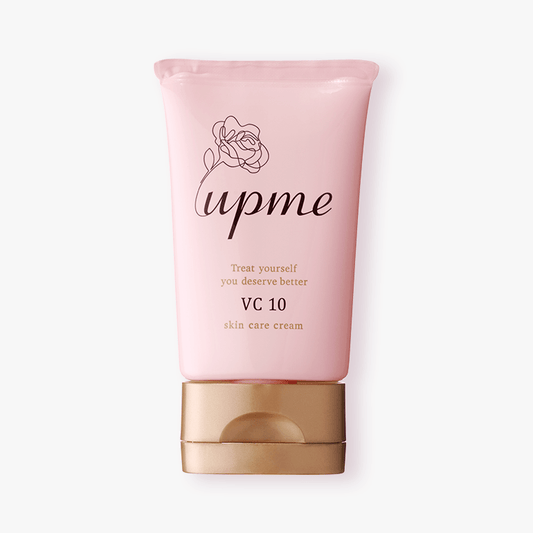
How should I care for the delicate zone after hair removal?
Thank you for visiting our website.
Researched and developed by 95 doctors
Contains 10% of our proprietary stable neutral vitamin C derivative
Carefully crafted Femcare brand cream
I'm Sato, a staff member at "up me".

This time, the theme is "How should I care for my delicate areas after hair removal?"
Care of the delicate area after hair removal is a very important issue for many women.
Proper care is especially essential for women in their 30s and 40s, who begin to notice changes in their skin.
This time, we will introduce in detail from a professional perspective the proper way to care for delicate areas after hair removal.
Through this article, we will touch on keywords such as vitamin C, cream, and vitamin C derivatives, and provide you with information to help maintain healthy skin and keep your delicate areas beautiful.
1. Skin condition after hair removal
Hair removal is a way to maintain a clean appearance by removing unwanted hair, and is seen as a part of beauty.
However, hair removal can also be a big burden on the skin. After hair removal, the skin is easily damaged, so proper aftercare is essential, especially in sensitive areas such as the delicate zone.
The delicate area has many sebaceous and sweat glands and is more susceptible to pH imbalances than other areas, so care is required.
Therefore, it is not uncommon for the skin to become red or itchy immediately after hair removal. It is important to take proper care to protect the delicate area, which is prone to inflammation.
2. Basics of care
The first step in post-hair removal care is to soothe the skin by gently cooling it and reducing inflammation.
Gently pat the skin with a cool towel or ice pack to reduce redness and heat, but be careful not to press too hard as this can cause injury to the skin.
Once your skin has calmed down, moisturizing is important. Skin after hair removal is prone to dryness, so moisturizing your skin sufficiently can prevent skin problems.
When applying moisturizing creams or lotions, choose ones that are fragrance-free, alcohol-free, and gentle on the skin, and work them in gently.

3. The relationship between vitamin C and the delicate zone
Vitamin C has antioxidant properties and helps repair skin.
Skin care products containing Vitamin C are recommended, especially for damaged skin such as after hair removal. However, care must be taken when using on delicate areas, as high concentrations of Vitamin C may actually irritate the skin.
By choosing products that contain vitamin C derivatives, you can enjoy the benefits of vitamin C in a way that is gentle on your skin.

What did you think?
Please try putting one into practice!


